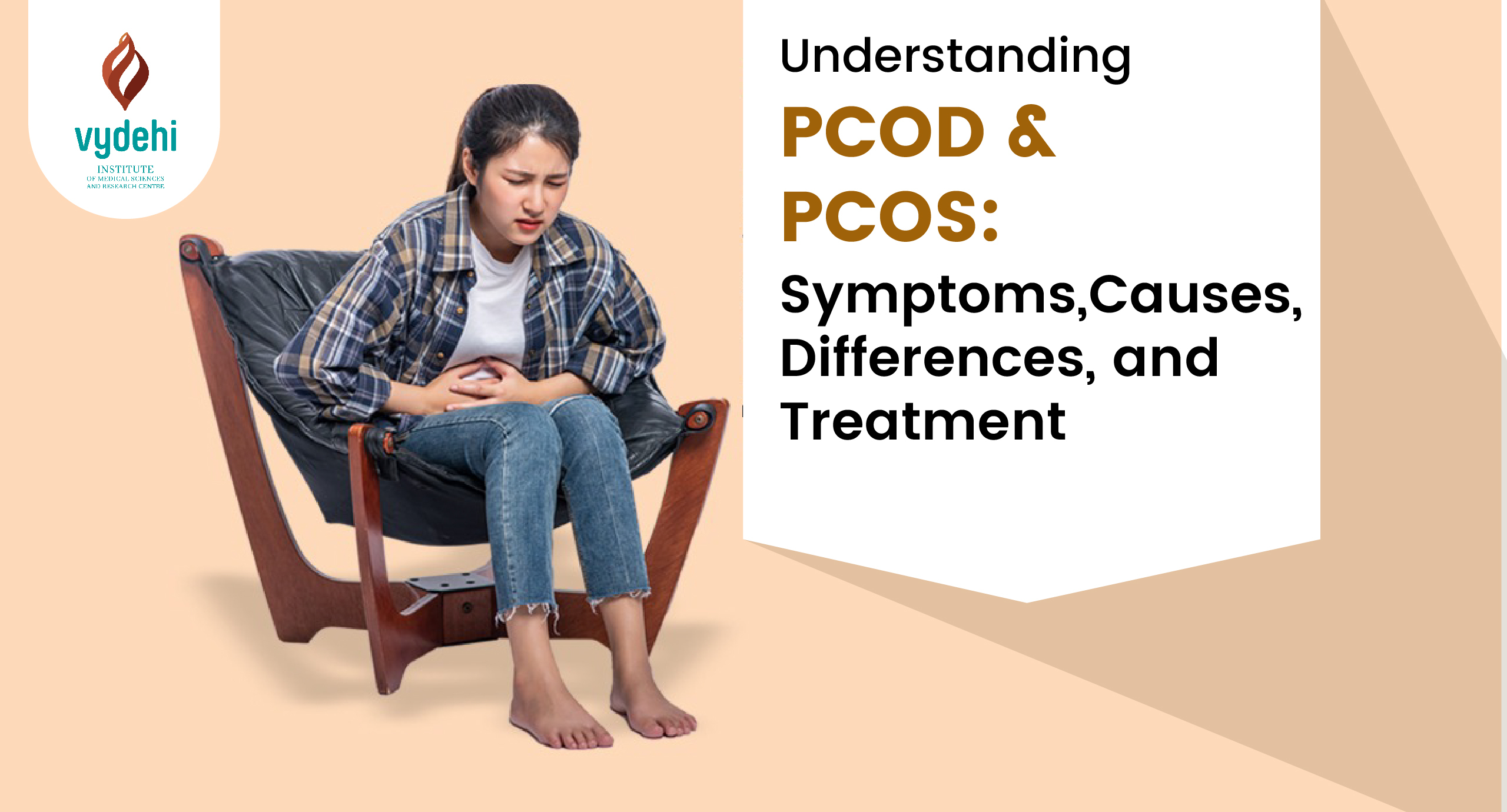

Polycystic Ovary Syndrome (PCOS) and Polycystic Ovarian Disease (PCOD) are two prevalent health conditions affecting women’s reproductive health. According to the World Health Organization (WHO), PCOS affects 8-13% of women of reproductive age globally, making it one of the leading causes of infertility. On the other hand, PCOD, while less severe, is also becoming increasingly common due to lifestyle changes.
The full form of PCOD is Polycystic Ovarian Disease, while PCOS stands for Polycystic Ovary Syndrome. Both conditions involve hormonal imbalances and ovarian cysts, but they differ in their severity and implications.
According to the National Institutes of Health (NIH), common symptoms of PCOD problem in females include irregular periods, acne, and weight gain. In contrast, PCOS symptoms in females often include:
PCOS symptoms in unmarried girls may also manifest as mood swings, fatigue, and hormonal imbalances, often impacting their overall well-being.
While the exact causes of PCOS remain under study, research from the Endocrine Society suggests that genetic predisposition, insulin resistance, and inflammation play significant roles. Lifestyle factors, including poor diet and lack of exercise, are key contributors to both PCOD and PCOS.
At Vydehi Institute of Medical Sciences and Research Centre, we provide a comprehensive, patient-centric approach to managing PCOD and PCOS. Our dedicated team of gynecologists, endocrinologists, and nutritionists works collaboratively to offer:
Understanding PCOD and PCOS is crucial for early intervention and effective management. With evidence-based treatment, lifestyle adjustments, and compassionate care, Vydehi Institute of Medical Sciences and Research Centre is here to help women lead healthier lives. If you’re experiencing symptoms of PCOS or PCOD, don’t hesitate to consult our experts for tailored solutions.
By integrating the latest medical research and cutting-edge treatments, Vydehi is redefining healthcare for women facing PCOD and PCOS, fostering hope and better health outcomes.

 Emergency Number
Emergency Number
This article does a great job of explaining PCOS and its impact on health. Understanding PCOS symptoms in unmarried girls is crucial, as early detection can help manage issues like irregular periods, acne, and hair growth. Lifestyle changes and medical guidance can make a big difference. Looking forward to more insights on natural remedies and hormonal balance!